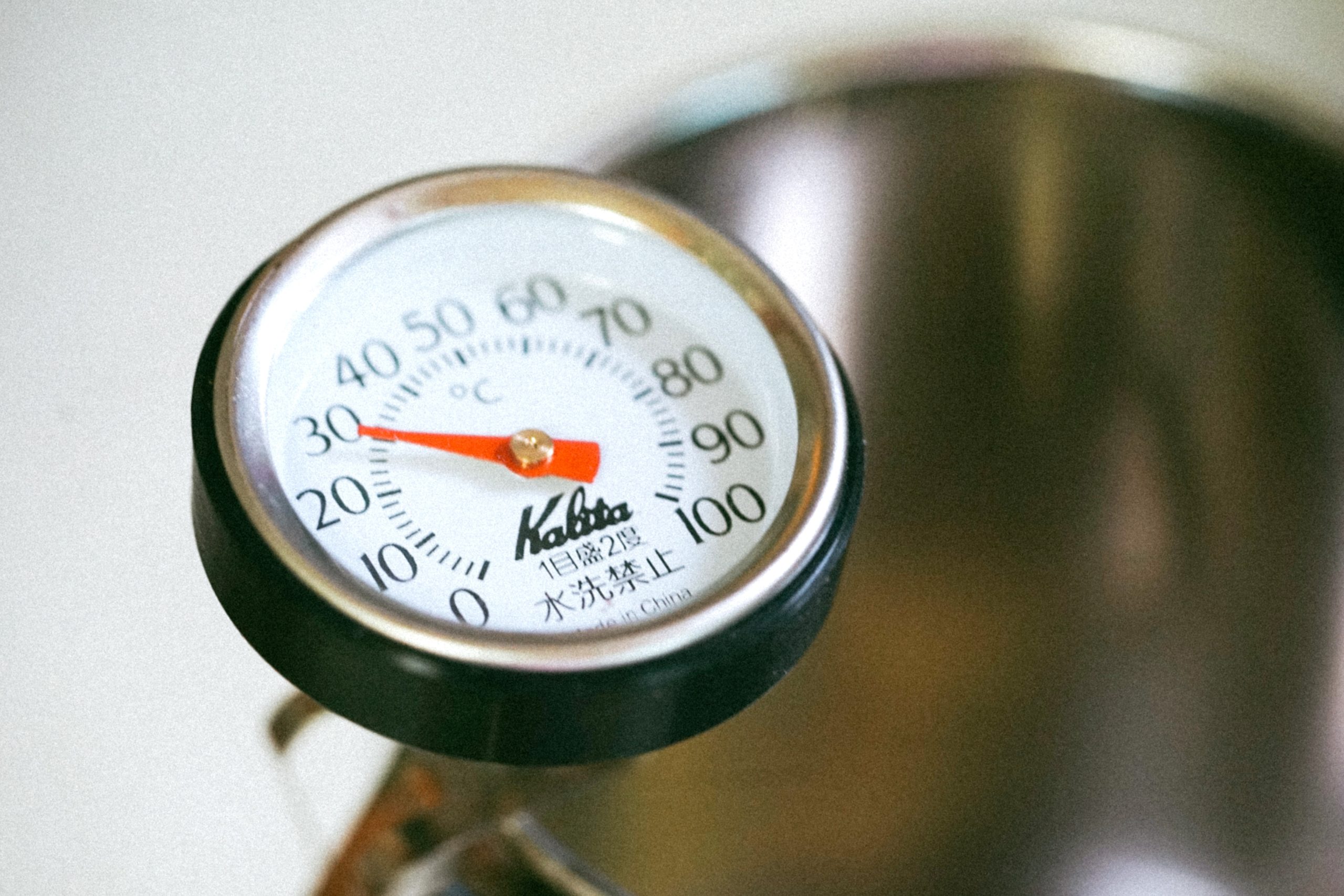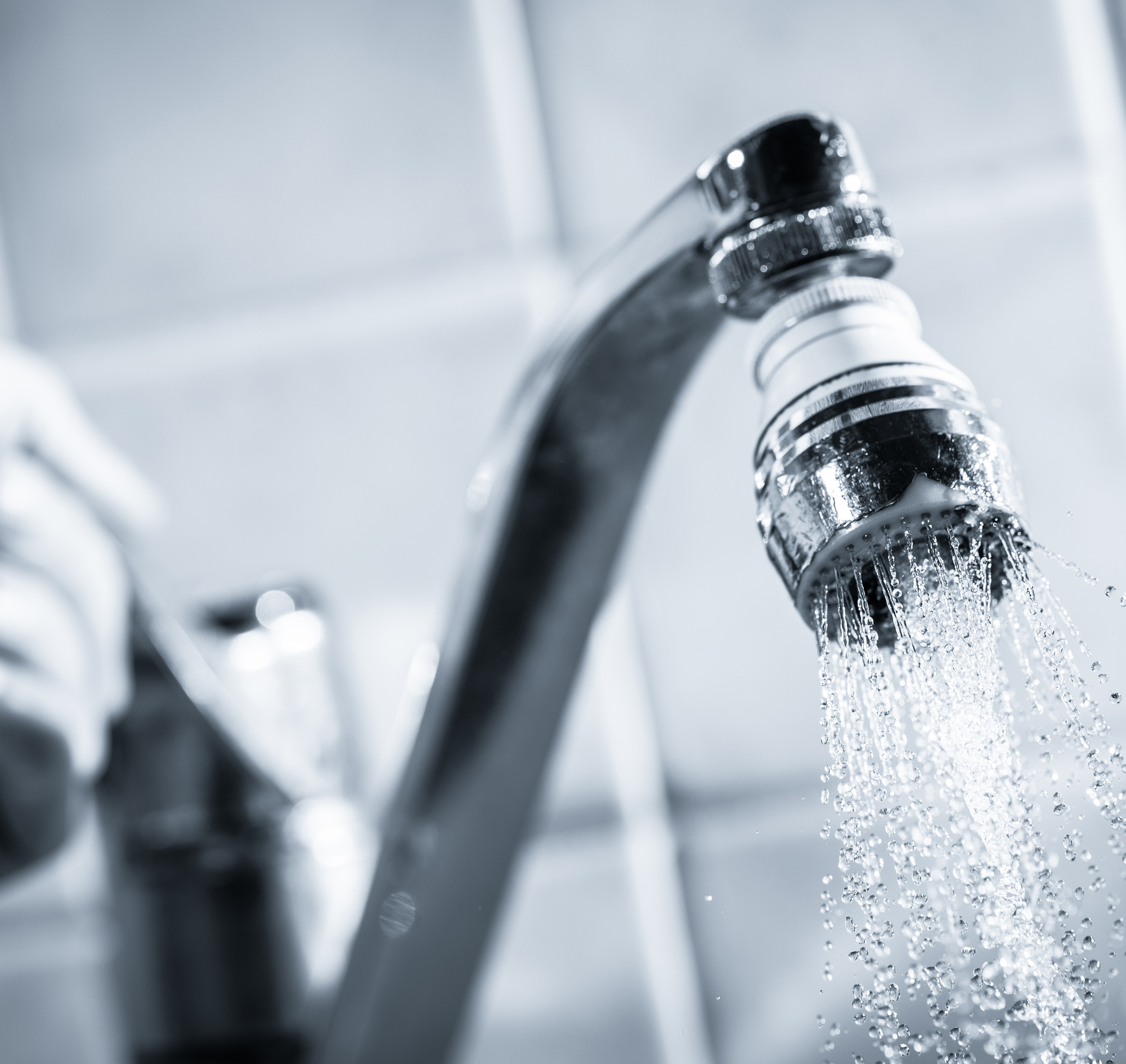PREV POST
How To Get Rid of Mould In Your Home

When it comes to hygiene in the food industry, chlorine is king.
Or rather, it was king.
Because right now, a food hygiene revolution is taking the food industry by storm, and if you are interested in……
● Savings from chemical reduction of up to 50-60%
● Manpower savings of up to 20%
● Hot water energy savings up to 90%
● Efficient and effective removal of 99.99% of broad spectrum microbial contaminants
● Dramatic reduction in food spoilage
● Easy and effective removal of oil, grease, malodors
…..then you’d better get up to date with the latest technology now.
Actually, this “latest technology” was first discovered in 1840 and has been used in water sanitation in Europe since 1900, but its wider application in the business of food hygiene worldwide started to take off from the 1980s and is now spreading in earnest as THE best practice for the future.
Ozone is overthrowing chlorine as the new king of hygiene in the food industry.
And for good reason.
50% more powerful and 3000 times faster acting than chlorine, ozone is currently the most effective sanitizer currently known to science.
Because it can replace the use of cleaning chemicals, and because it is produced on-site, costs on the purchasing, transporting and storing of chemicals is slashed. Because it doesn’t require any heat, it slashes energy expenditures. Because it is so powerful and easy to use, manpower and time are cut down dramatically. And because it leaves no residue and has no by-product other than just pure oxygen, it is entirely safe for employees, customers, and the environment. And because it can be used in both gaseous and aqueous forms, the applications within the food industry are abundant and limitless.

While chlorine is effective, it has very clear drawbacks that simply cannot be ignored when now given a choice. In terms of performance, chlorine is 50 times less powerful than ozone. In terms of efficiency, chlorine’s oxidizing power is much slower, thus requiring longer contact times to sterilize. In terms of effectiveness, chlorine is a limited spectrum disinfectant whereas ozone is a broad spectrum disinfectant, capable of eliminating microbial contaminants at a cellular, DNA and RNA level. Chlorine has harmful by-products that negatively affect human health as well as the environment, whereas ozone’s only by-product is oxygen. Chlorine also leaves a strong and unpleasant residual smell and taste, while ozone is completely residue free.
If you are interested adapting the best practices of today, catapulting your food business into the future, while saving money to boot, then it is time to disengage from the bygone days of chemicals.
Medklinn’s 03 Hydro Ozone Water System and Air+Surface Sterilizers have been helping a multitude of various food industry clients help increase quality of service, reduce costs, improve efficiencies and become more environmentally friendly for over 12 years.

Let us help you design an ozone system that can help your business thrive into the future. Click below to find out how.
 views
views
Indoor Environmental Issues
8
Hand Foot & Mouth Disease (HFMD)
2
Mould
3
Business Solutions
26
Cross Infections
17
Bad Smell
9
Sinus Allergies
2
Testimonials
1
Press Releases & Media Coverage
8
Personal Solutions
70
Technology
11
News & Events
7
Collaborations
1
Ozone Water
1
Ozone Terminology
3